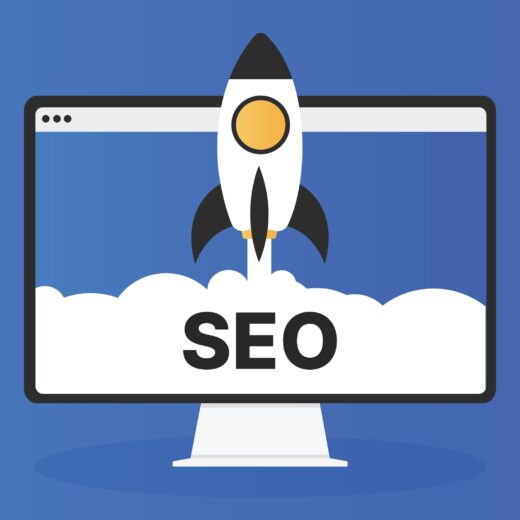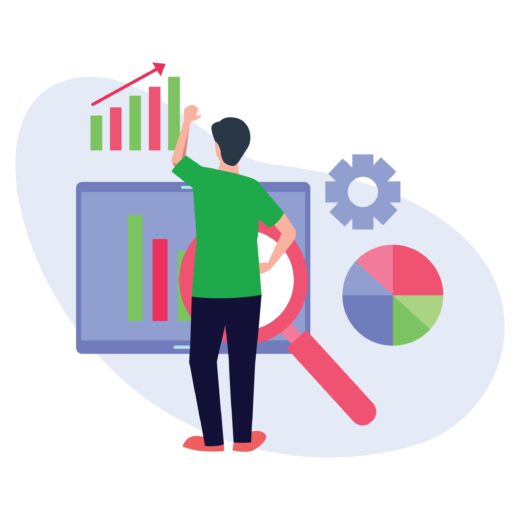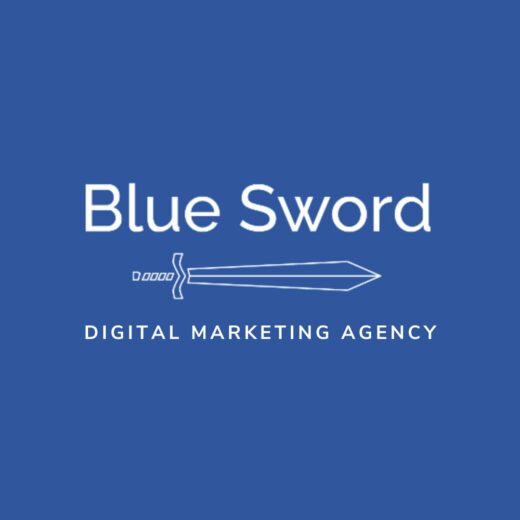Is Facebook addiction a real disorder?
Internet addiction has been well documented in the press and (funnily enough) online in recent years, especially with the rise of social media giants such as Facebook and Twitter.
Many argue that it’s not really an addiction, but scientists and psychologists have revealed that social media and Facebook in particular are affecting our minds.
How?
The psychology behind the disorder is simple. Every time we receive and answer a notification, we release a hit of dopamine, a chemical reward response in our brain, which is associated with many addictive things. This makes us feel good, increasing our need and desire for more notifications.
Is anyone taking this disorder seriously?
In some parts of Asia, including both South Korea and China, “Internet Addiction Disorder” is being taken very seriously and it is already being acknowledged and accepted as a recognised psychological diagnosis.
In Taiwan, there are even more serious concerns, with researchers suggesting that up to 30% of teenagers in the country have IAD (Internet Addiction Disorder) and they are treating it as a national health crisis.
In other parts of the world there is less being made of the issue but in the USA, the disorder is expected to be included in the Diagnostic and Statistical Manual for Mental Disorders in 2013.
What are the affects?
The main affect is on our attention. Since the year 2000, average attention spans of Americans have dropped from 12 to 8 seconds and ADHD has risen by 66%.
Is it worth treating?
Despite there being some concern, no one seems to be too worried about this, especially in the UK.
There are some treatments available but treating this disorder is very difficult, with the internet and social media playing a vital role in both business and education and there aren’t many people who see it as an actual problem that’s worthy of treatment.








